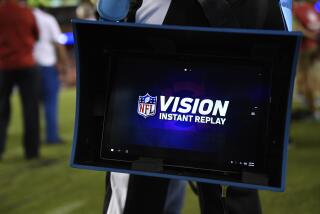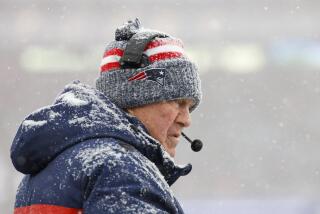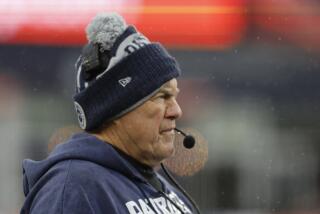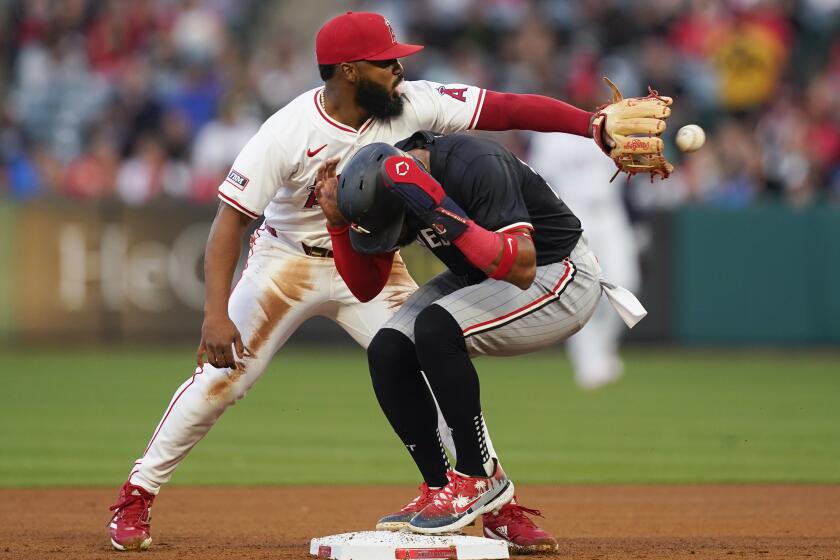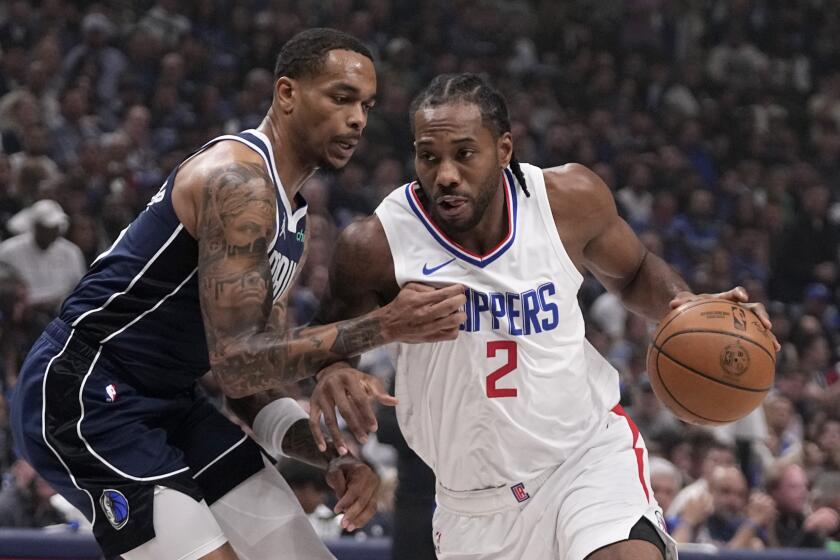Bill Belichick’s football explanation made no sense, Bill Nye says
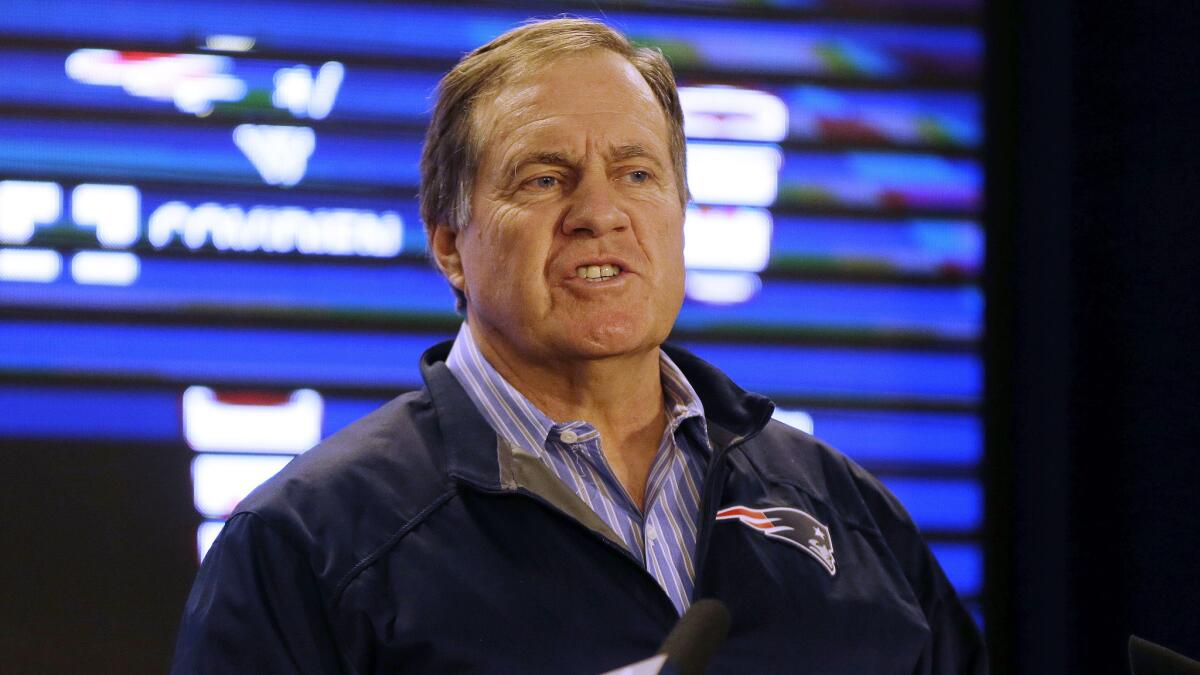
New England Patriots Coach Bill Belichick claimed Saturday that “climatic conditions” were the likely culprit behind the reported underinflation of the team’s footballs during last week’s AFC Championship game against the Indianapolis Colts.
Belichick said a simulation the team conducted last week found air pressure in the balls could have dropped as much as 1.5 pounds per square inch based on the cold, rainy conditions present at Gillette Stadium on Jan. 18.
America’s most famous TV scientist, Bill Nye, disagrees with Belichick’s conclusion.
FOR THE RECORD: An earlier version of this post stated HeadSmart Labs was affiliated with Carnegie Mellon University. It is not.
During an appearance on “Good Morning America” Sunday, Nye said Belichick’s explanation of what may have happened to the balls “didn’t make any sense.”
Although Belichick doesn’t have Nye on his side (Nye is rooting for the Seattle Seahawks in the Super Bowl), researchers at Pittsburgh-based HeadSmart Labs conducted experiments this week that lent support to at least some of the results of the Patriots’ simulation.
The lab tried to simulate the conditions the footballs were in during the game. The researchers found the “pressure in the footballs used in the AFC Championship game could have dropped 1.95 PSI from weather and field conditions alone.”
“Out of the twelve footballs we tested, we found that on average, footballs dropped 1.8 PSI when being exposed to dropping temperatures and wet conditions,” the researchers said.
Still, the experiment did not explain how the balls used by the Indianapolis Colts could have reportedly maintained the mandated levels of air pressure during the game.
The NFL announced Friday its investigation into the “Deflategate” controversy probably will not be completed until after the Super Bowl on Feb. 1.
More to Read
Get our high school sports newsletter
Prep Rally is devoted to the SoCal high school sports experience, bringing you scores, stories and a behind-the-scenes look at what makes prep sports so popular.
You may occasionally receive promotional content from the Los Angeles Times.
